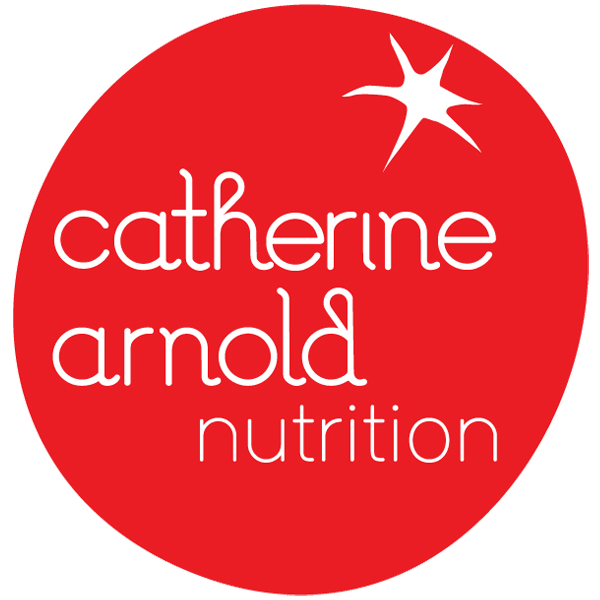
Do you suffer from abdominal discomfort, bloating, constipation, diarrhoea, wind, or acidity? These kind of digestive symptoms are mostly viewed as a slightly embarrassing or inconvenient side affect of the digestion process. Nothing much to worry about. We laugh about the ‘wind’ problems are spouses have presuming its the just the way they are, but is it? Or is it a sign that their digestive system is not happy?
I see a lot of people in my clinic with these kind of digestive issues, sometimes they have been diagnosed with irritable bowel syndrome (IBS). Most of the time, they come to see me for other health reasons as their main focus, but often there is an unhappy gut at the bottom of all of it.
The digestive medications available never really get rid of the symptoms unless you are happy to take them for the long term. Some people find relief with antacids, which literally supress the production of stomach acid. This is not a good idea. That stomach acid is there for a reason, to help you break down your food and to kill any unfavourable bacteria that might find its way in there. So getting rid of it will only create more (potentially much more serious) problems, later on down the line. Likewise with other digestive ‘aids’, including laxatives, anti-diarrhoeals and anti-flatulents.
Its actually really important our gut functions well – its where are food is broken down into the nutrients that fuel, repair and maintain our bodies. Impaired digestion, could leave us with nutrient deficiencies and at risk of disease.
There are things you can do about it which don’t compromise your health and in my experience can actually resolve it for good.
- Identify the foods / drinks that cause the problem and stop eating them. Sounds easy but often there is no obvious pattern to indicate which foods it is. If you aren’t sure what foods you are reacting to then I would start with the usual offenders, gluten (includes bread, pasta, couscous, cakes, biscuits and beer!) and dairy (cows, sheeps and goats milk, butter, cheese and yoghurt). Exclude them for 3 weeks initially, and monitor symptoms. If things improve, then you know its one of them. Introduce them back in one at a time for 3 days each, then 3 days between them. If the symptoms return, then you have your answer.
- Optimise your stomach acid with 1 tsp apple cider vinegar in a large glass of water 20 minutes before your meal.
- Eat fermented foods which support a healthy balance of bacteria in your gut. Things like miso, unpasteurised sauerkraut and kefir. See my water kefir recipe here.
- Increase your fibre. Eat plenty of fresh vegetables and aim to eat 1-2 tbsp flax seeds per day along with plenty of water to relieve/prevent constipation.
- Take your time to eat. At each meal, try to sit down and chew your food well.
- See a nutritional therapist to help guide you through your digestive health issues and identify food intolerances. They can recommend stool tests carried out in private laboratories, which help identify bacterial or fungal overgrowth and also check for parasites. Learn more about gut flora here.
Let me support you on your journey back to wellness. Contact me at catherinearnoldnutrition@gmail.com



